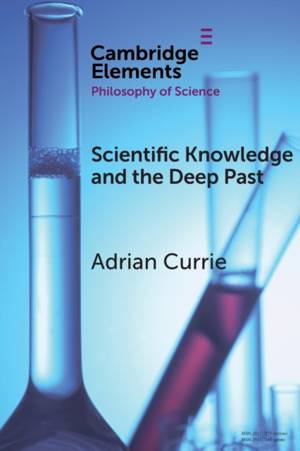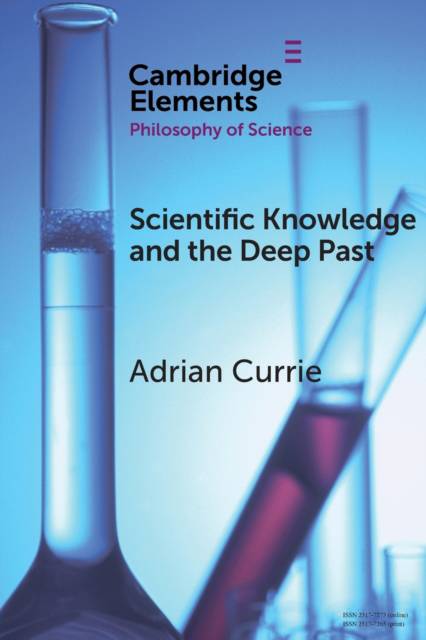
- Afhalen na 1 uur in een winkel met voorraad
- Gratis thuislevering in België vanaf € 30
- Ruim aanbod met 7 miljoen producten
- Afhalen na 1 uur in een winkel met voorraad
- Gratis thuislevering in België vanaf € 30
- Ruim aanbod met 7 miljoen producten
Zoeken
Omschrijving
Historical sciences like paleontology and archaeology have uncovered unimagined, remarkable and mysterious worlds in the deep past. How should we understand the success of these sciences? What is the relationship between knowledge and history? In Scientific Knowledge and the Deep Past: History Matters, Adrian Currie examines recent paleontological work on the great changes that occurred during the Cretaceous period - the emergence of flowering plants, the splitting of the mega-continent Gondwana, and the eventual fall of the dinosaurs - to analyse the knowledge of historical scientists, and to reflect upon the nature of history. He argues that distinctively historical processes are 'peculiar': they have the capacity to generate their own highly specific dynamics and rules. This peculiarity, Currie argues, also explains the historian's interest in narratives and stories: the contingency, complexity and peculiarity of the past demands a narrative treatment. Overall, Currie argues that history matters for knowledge.
Specificaties
Betrokkenen
- Auteur(s):
- Uitgeverij:
Inhoud
- Aantal bladzijden:
- 75
- Taal:
- Engels
- Reeks:
Eigenschappen
- Productcode (EAN):
- 9781108730556
- Verschijningsdatum:
- 15/08/2019
- Uitvoering:
- Paperback
- Formaat:
- Trade paperback (VS)
- Afmetingen:
- 152 mm x 229 mm
- Gewicht:
- 122 g

Alleen bij Standaard Boekhandel
+ 63 punten op je klantenkaart van Standaard Boekhandel
Beoordelingen
We publiceren alleen reviews die voldoen aan de voorwaarden voor reviews. Bekijk onze voorwaarden voor reviews.











